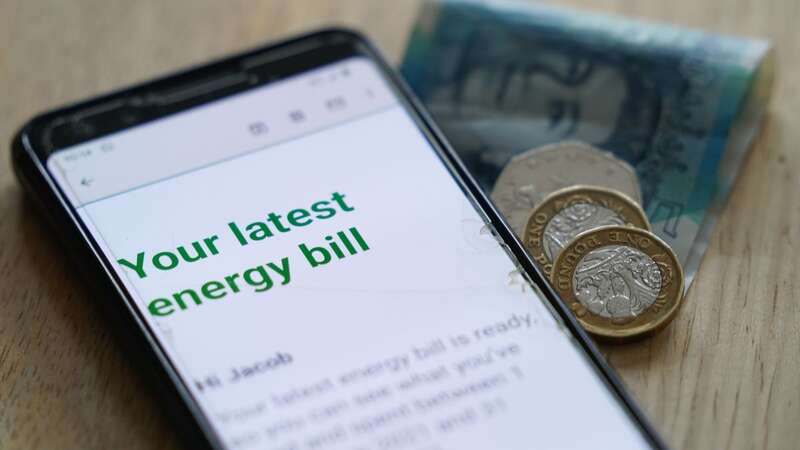
The UK's sluggish progress with home insulation efforts is costing consumers £3.2billion annually, according to new research.
Findings by think tank Energy and Climate Intelligence Unit (ECIU) reveal that if every typical British household upgraded to an Energy Performance Certificate (EPC) rating of 'C', energy bills could be reduced by £200 a year. The study identifies an average household as having an EPC rating of 'D', highlighting that should the some 4.4 million homes with a lower rating make these upgrades, savings could increase to closer to £400 for 'E' rated properties and £550 for those rated 'F'.
The Government axed its previous target only last year which aimed at ensuring all privately rented residential properties had an EPC rating of 'C' or above by 2025, as part of its revised net zero commitments. According to the ECIU, focusing on upgrading just these privately rented homes would make a significant difference, saving those living within them £1.4billion annually at the current energy prices.
This findings follow recent data demonstrating that at the close of January, less than 5,000 homes had received insulation under the Government's scheme designed to insulate 300,000 homes as the energy market remains volatile. The Department for Energy and Net Zero figures reveal that only 4,648 households have benefitted from new insulation measures despite being over a year into the Great British Insulation Scheme.
Dr Simon Cran-McGreehin, head of analysis at ECIU, said: "Millions of British bill payers are still counting the cost of inaction and low investment in insulating homes over the past decade. Renters are in a particularly difficult situation given they don't have any control over improving the warmth of their homes."
 Six savings challenges to take in 2023 - how you could save thousands
Six savings challenges to take in 2023 - how you could save thousands
"Bills may have dropped slightly, but they are due to rise again ahead of winter when having a properly insulated home is the difference between affordable and astronomical energy bills." On Friday, Ofgem announced that the average household energy bill will decrease by 7% from July 1. An average family's annual energy expenditure is set to drop from its current level of £1,690 to £1,568.
The energy price cap, launched by the Government in January 2019, limits the maximum price that energy suppliers can levy on consumers across England, Scotland and Wales per kilowatt-hour (kWh) of energy used. Every three months, Ofgem sets its cap using its model of the average spend of a typical household.
Dr Cran-McGreehin chimed in: "The UK has been particularly badly hit by the crisis because we're so dependent on gas for electricity and home heating. Shifting to net zero means building more British renewables and insulating more homes and so becoming less dependent on foreign gas imports."
Read more similar news:
Comments:
comments powered by Disqus

































